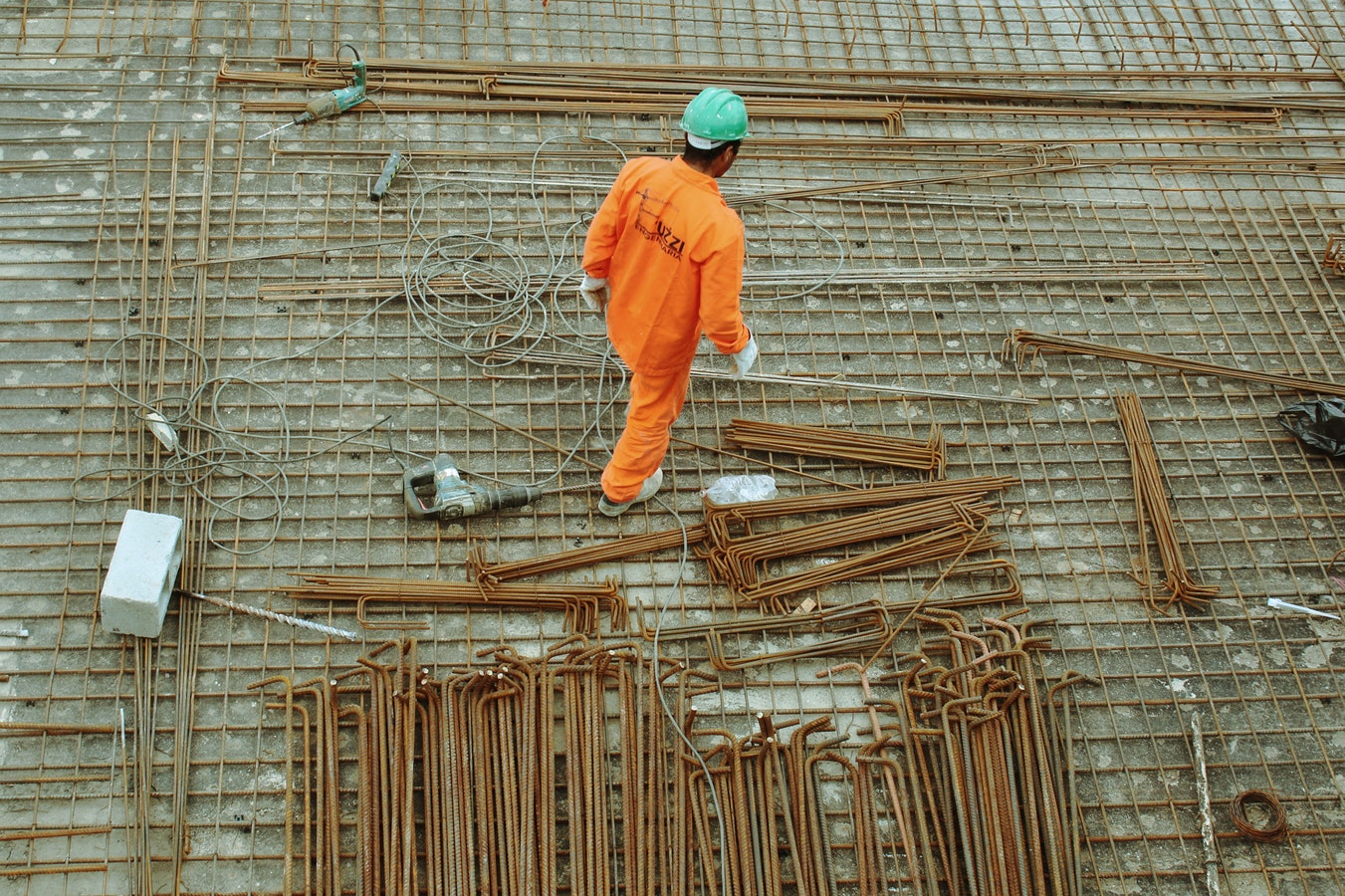
As an employer, you naturally want to make certain that new employees are onboarded as quickly and efficiently as possible. Bringing new employees onboard in an efficient manner helps your company save time, money, and hassles. Even so, the onboarding process is not always as easy as it might seem. It’s certainly not as easy as processing new hire paperwork and telling the employee where to report.
This is particularly true when it comes to the construction industry. When bringing new hires into the construction workplace, there are many areas to cover to make sure your new employees know what to expect and how to stay safe on the job.
Why Onboarding in the Construction Business Is So Important
While on-the-job safety is critical for all industries, construction takes it to an entirely new level. Construction workers must operate heavy equipment while lifting materials weighing tons. Such tasks often take place in noisy, outdoor environments. For these reasons alone, it is imperative to make onboarding in the construction industry seamless and comprehensive. New hires must understand proper operating and safety procedures not only for their own safety but also for the safety of others. Additionally, workers need to understand how to complete projects in a timely manner and with the highest quality.
Construction companies typically acknowledge that their workers are among their most valuable assets. This makes getting off to a good start with new hires crucial to a company’s bottom line. Given the effort, cost, and time associated with hiring new employees, it is always in the best interest of the business to make certain the onboarding process is as effective and efficient as possible.
Unfortunately, new hires are often thrown into new jobs and expected to begin working immediately. While some people are capable of performing adequately in this type of situation, that is certainly not the case for everyone. Furthermore, this approach could affect the length of time the employee will remain with the company. By fostering a positive onboarding experience, companies can ensure they are viewed as a desirable place to work. Over the long term, this can reduce the company’s turnover rate and reduce the cost of bringing on new employees.
Tips to Make Onboarding in the Construction Workplace Easier
For companies looking for tips for onboarding in the construction workplace made easy, it is important to understand that proper onboarding must form a foundation. As such, onboarding should include orientation to the job and your company, along with safety training.
First, the onboarding process for bringing in new hires in the construction industry should be interesting. The onboarding process does not have to be boring. Instead, it can be viewed as an opportunity to help new hires become acquainted with veteran workers while introducing them to your company culture.
It’s also important for construction companies to establish a training process that is both clear and concise. New hires must be provided with the key information they need in order to perform their job effectively. Workers who are unsure how to perform their job are not only more likely to become dissatisfied with their job but also at a higher risk for sustaining an injury.
One of the reasons that many construction companies do not feel as though they offer a comprehensive onboarding process is because they simply do not have time. That is completely understandable, given the number of other things that can consume an HR manager’s time. One way to resolve this issue is through online training.
Online training helps construction companies maintain a consistent onboarding process, ensuring that each new hire receives precisely the same information. You can be assured there are no information gaps that might lead to a new hire being unprepared or uninformed regarding critical issues. In the event that information needs to be updated, you can handle that easily, as well. There is never a concern that your training information is out of date.
Besides basic safety procedures, your construction company can also use virtual learning to teach new employees about your company culture and organizational values.
Additionally, online training can also be performed in a more time efficient manner. You no longer need to wait until someone is available to go over the information with a new hire. Instead, information can be presented at whatever time is most convenient for your company and your new worker. There is absolutely no wasted time. Whether you need to train one new hire or a group of new workers, the training will be quickly and easily available at any time.
Since online onboarding eliminates the need for an actual classroom, it also gets rid of travel-related expenses associated with bringing new hires and HR personnel to a classroom setting. In this regard, online training can help your company to save on expenses.
Online training for onboarding can also be helpful in a variety of other circumstances. For example, suppose you have an employee who appears to need a refresher course on a particular subject. With online onboarding training, that employee can quickly revisit the topic in question.
If you’re looking for an inexpensive yet effective way to bring new hires onboard with your construction company, online training is a great way to do so.
Simplify your onboarding program with Go1 today!





